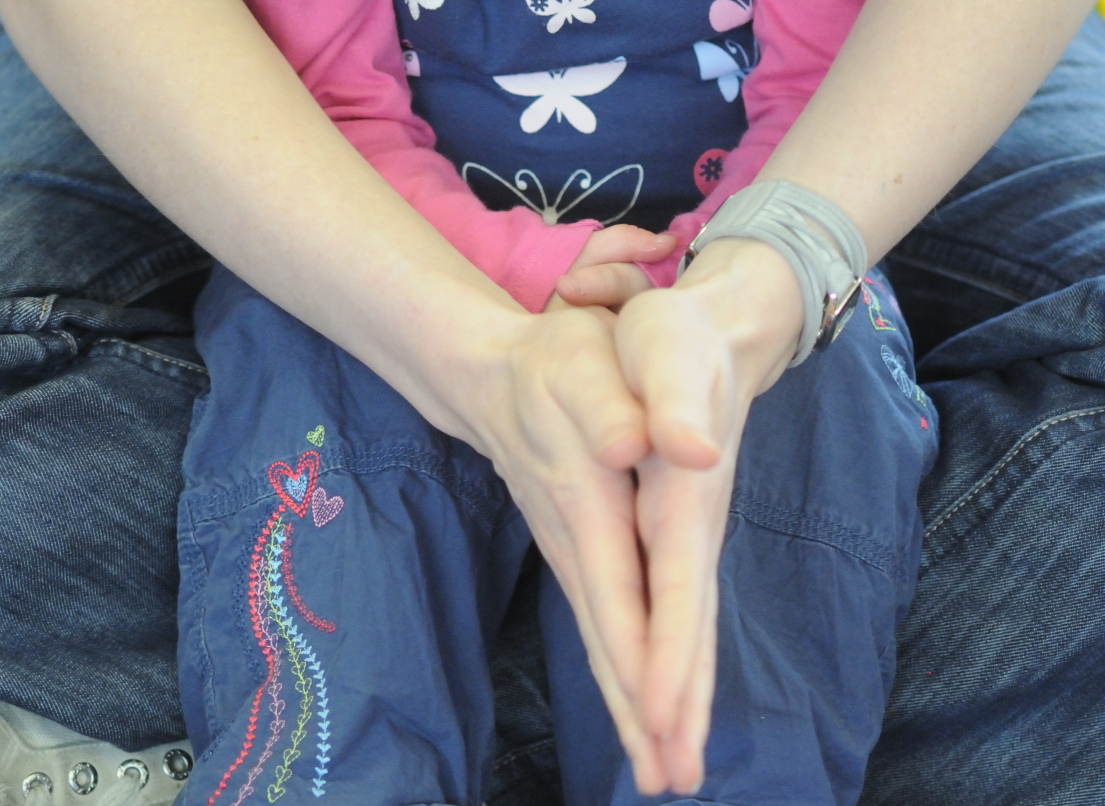Professor Susan Harkness, Professor of Public Policy at ISER has published a new Briefing on Female Employment and Child Inequality for the All Party Parliamentary Group on Social Science and Policy
New evidence shows that changes in female employment have helped to mitigate the trend of rising income inequality, but in families where the mother is the sole breadwinner the risk of poverty is high
Key findings – Women’s earnings and household income
-
While there have been moves towards improved gender equality, gaps in employment
and earnings remain across OECD countries. -
The relationship between equality in pay and employment is complex – those
countries with small gender pay gaps frequently also have low rates of female
employment, and vice versa. -
Increasing rates of female employment have played an important role in supporting
family incomes and reducing household income inequality and rates of child poverty. -
While female employment and earnings have become an increasingly important
component of family income, working women are increasingly likely to be sole
breadwinners, and the absence of a male earner is associated with sharp increases in
the risk of poverty, even when women work. -
There are growing inequalities in labour force participation; women with lower levels
of education are far less likely to work than women with degrees.
Key findings– Changing family structures
-
Today just 43% of mothers with lower levels of education, and 52% of those with
intermediate levels, are married. This marks a substantial reduction since the early
1990s as both cohabitation and lone motherhood increased. -
For mothers with degrees there have been few changes in family life, with three-
quarters married and living with the father of their children. -
While in the early 1990s the majority of lone mothers were divorcees by 2015/16
the majority of lone mothers had never been married. -
Family structure for families with children is strongly associated with economic
opportunity; for example, over the course of the recession the share of single mothers
grew while marriage declined -
Homeownership bears a particularly strong relationship to marriage: regardless
of education level, those who own their own home are likely to be married while
cohabitation is much more common among those who rent. -
Rising house prices may be a growing barrier to marriage among parents of young
children. -
There are substantial differences in housing tenure between previously married
single
mothers and those that were never married, with divorcees much more likely to
be homeowners.
Key findings – Children’s cognitive development
-
Across cohorts, lone motherhood is associated with reduced cognitive attainment for
children. There is little evidence of a direct effect on children’s cognitive outcomes, but
the indirect effect is large. -
Income is by far the most important factor in explaining gaps in cognitive attainment,
particularly among children whose mothers are single at childbirth. -
Deficits in cognitive attainment remain large for those experiencing early parental
separation, but are much less pronounced for children who have reached school age
when parents separate. -
While parent’s re-partnering is associated with income gains, findings suggest re-
partnering does not lead to improved cognitive outcomes for children. This is likely
to be because spending patterns in step-parent families provide fewer benefits to
children. -
Differences in emotional outcomes of children in single-mother families and those
living with two parents are larger, more persistent and harder to explain than those
for cognitive attainment, but there are other factors we have not controlled for in our research which could be influential.
Download the Briefing here
